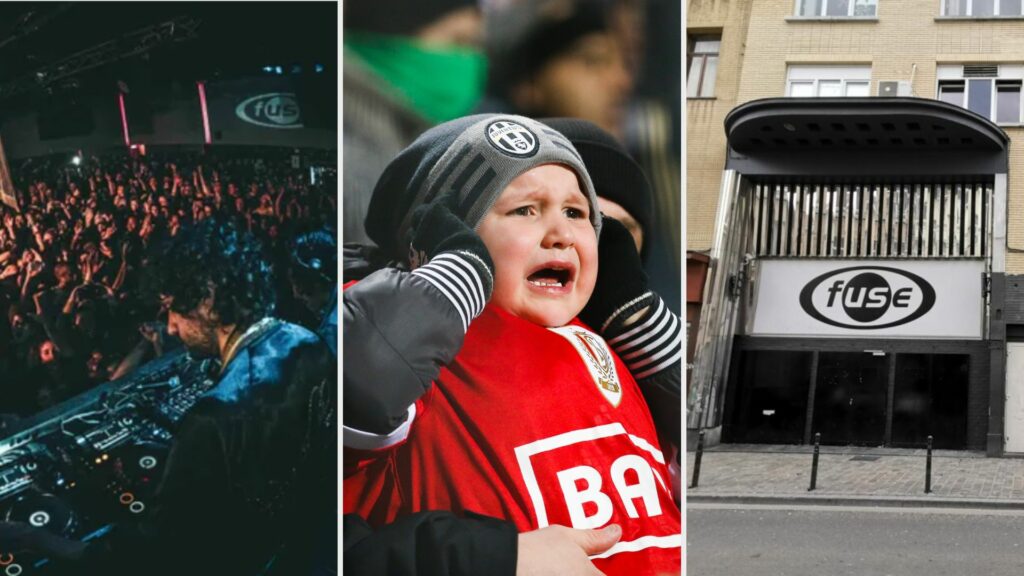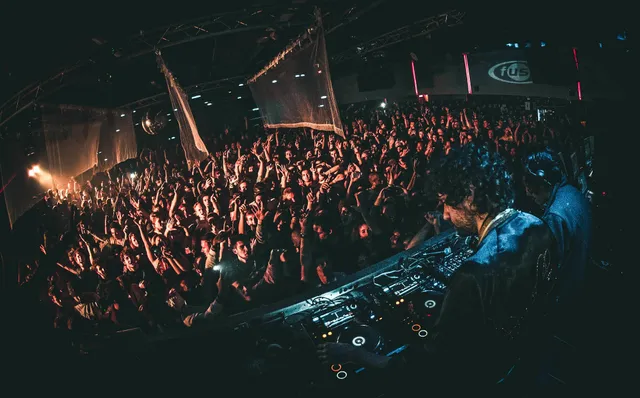Brussels politicians make a big fuss about the city being "world-leading", never missing an opportunity to hail new attractions as worthy of the world stage. To anyone who has spent time in a mega-city, their claims can sometimes seem comical – for all its charm, Brussels is hardly in the same league as London, Paris or New York.
And that's the point: the capital has plenty to celebrate, is eminently liveable, and packs a lot into a relatively petite footprint. Brussels may not be a tourist honeypot or economic behemoth that compares with bigger cities, but it has the ingredients that make for a vibrant and appealing place.
No question, there are things that could be better, but there are also parts of Brussels that should be recognised for their cultural worth. To overlook them risks losing the city's heritage to property developers. This conflict has been highlighted by the case of Fuse – the city's oldest nightclub and a venue that really does have an international appeal.
The club has been the subject of a protracted battle regarding noise complaints, which two weeks ago saw it close its doors after local authorities imposed regulations that it deemed incompatible with their business. After considerable public protest, including support from local representatives, an agreement of sorts allows the venue to reopen, though under strict and unsustainable terms.
The City sees the ultimate resolution as a change of location – where this could be is not clear. Yet it would unlikely be as convenient and would lose the heritage of a site enjoyed since 1994. Moreover, it sets a worrying precedent for other venues.
London is the large city I know best and provides an example of how not to nourish culture, with many of the capital's famed venues obliged to close as authorities rule in favour of homeowners who buy into the area in the full knowledge of the closeby cultural space and the concomitant dynamic this brings.
NIMBYism is now a fairly common term to describe the reluctance of homeowners to accept activities that might run counter to quiet living. It's a pitfall that sociologists highlight as a growing threat to developing urban spaces, and one that Brussels is sliding towards.
Belgium in Brief is a free daily roundup of the top stories to get you through your coffee break conversations. To receive it straight to your inbox every day, sign up below:
1. 300,000 workers in Belgium risk losing days off and holiday pay
As many as 300,000 workers in Belgium may have fewer days off and receive less holiday pay as a consequence of being put on the Covid-19 temporary unemployment system. Read more.
2. Brussels famous nightclub Fuse allowed to reopen
Fuse, Brussels' famous techno nightclub that was forced to close several weeks ago, is now allowed to reopen following a new decision by Brussels Environment. Read more.
3. Belgium loses Trappist beer following brewery purchase
Renowned Belgian beer Achel will no longer be able to market itself as a Trappist beer, De Standaard has reported, leaving only five breweries of its kind in Belgium. Read more.
4. Waterloo bones find their way back to the battlefield
The bones of British and Prussian soldiers killed in the battle of Waterloo have been located in three private homes in Belgium – a major discovery as the remains of the 50,000 soldiers killed that day are extremely rare, with only two having been found on-site so far. Read more.
5. Ethnic discrimination among Airbnb owners, Brussels University study finds
Tourists with a Moroccan-sounding name are structurally discriminated against when booking an Airbnb in Brussels, a recent study by Vrije Universiteit Brussel (VUB) found. Read more.
6. 'Overwhelming majority' of occupants in Schaerbeek squat are asylum seekers
The screening of all people occupying the abandoned Palais 48 building in Schaerbeek has been finalised, with results showing 735 of the 784 people who were registered by the various services on the ground were asylum seekers. Read more.
7. Hidden Belgium: The politician who didn’t want women to vote
A sculpture stands in the middle of Place Saint-Boniface in Brussels. As you sit drinking a beer on one of the café terraces, you might be curious to know who it represents. Read more.


